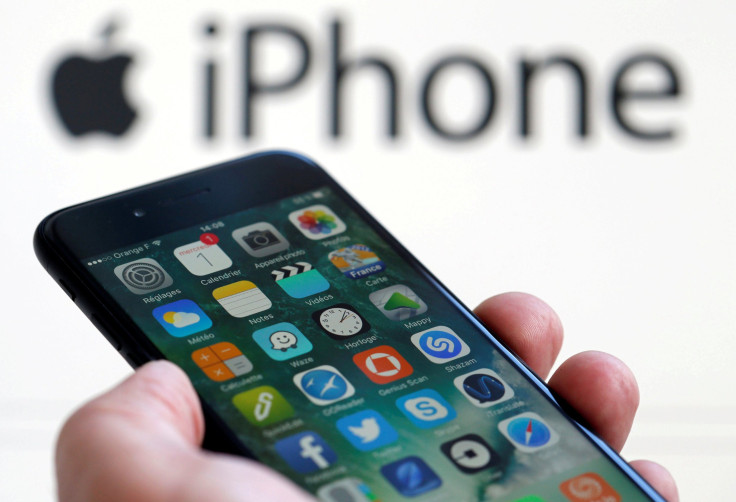Apple iPhone 8 With 5G Connectivity In The Works, FCC Licensing Indicates

Apple has reportedly received Federal Communications Commission (FCC) approval for testing 5G wireless broadband — it has been granted permission for experimentally testing millimetre wave technology at two locations in Milpitas, California. The company will test 28 GHz and 39 GHz bands, which were approved by the FCC for commercial 5G connectivity.
“Apple Inc. seeks to assess cellular link performance in direct path and multipath environments between base station transmitters and receivers using this spectrum. These assessments will provide engineering data relevant to the operation of devices on wireless carriers’ future 5G networks,” the company stated according to DSL Reports.
Read: 5G Will Change The Way You Work, Shop, Park, Live (So When Does It Get Here?)
Apple isn’t the only company testing 5G broadband — it has joined the ranks of tech companies such as Google and Facebook and major cellular companies such as Verizon and T-Mobile. The technology it is using, millimetre wave, is actually the preferred one for 5G since it transmits at higher frequencies and needs a small wavelength of 30-300 GHz.
5G as a standard of mobile connectivity speeds still has a couple of years left for commercial deployment — it is expected to start replacing 4G only by 2020.
Many companies claim to have 5G-capable networks and devices, for example AT&T is offering a 5G-capable Samsung Galaxy S8 in Austin, Texas. But, those are just marketing claims, since 5G as a standard hasn’t been formalized yet — the FCC hasn’t passed any guidelines for 5G speeds, even though according to the International Telecommunication Union, 5G speeds should be at least 20GB per second with a download speed of 100MB per second and an upload speed of 50 MB per second.
What these companies are currently offering is faster 4G.
According to the MIT Technology Review, much needs to be done for the commercial deployment of 5G. For example, it will need a strong signal, which means that 5G wavelengths, which are high and short, need to be protected against obstructions. Researchers, carriers and smartphone companies alike need to work on developing weatherproof 5G instruments so that the signal does not get disrupted.
Read: Possible Risks Of 5G Cellphone Technology Explained
What Apple is doing is preparing for a future deployment of 5G, whenever it takes place. It seems to be working on making its upcoming phones 5G capable. To be compatible with 5G, Apple iPhones will need bands capable of working at high speeds.
The involvement of smartphone companies in 5G is important, since currently the health risks the technology poses are yet to be assessed. 5G might lead to an increase in radiation generated by smartphones. According to researchers from the National Toxicology Program, increased radiation might lead to an increase in the occurrence of tumors as per their experiments done and published in a paper titled “Carcinogenesis Studies of Cell Phone Radiofrequency Radiation in Hsd: Sprague Dawley SD rats (Whole Body Exposure)” published on Cold Spring Harbor laboratory website in 2016.
© Copyright IBTimes 2024. All rights reserved.





















